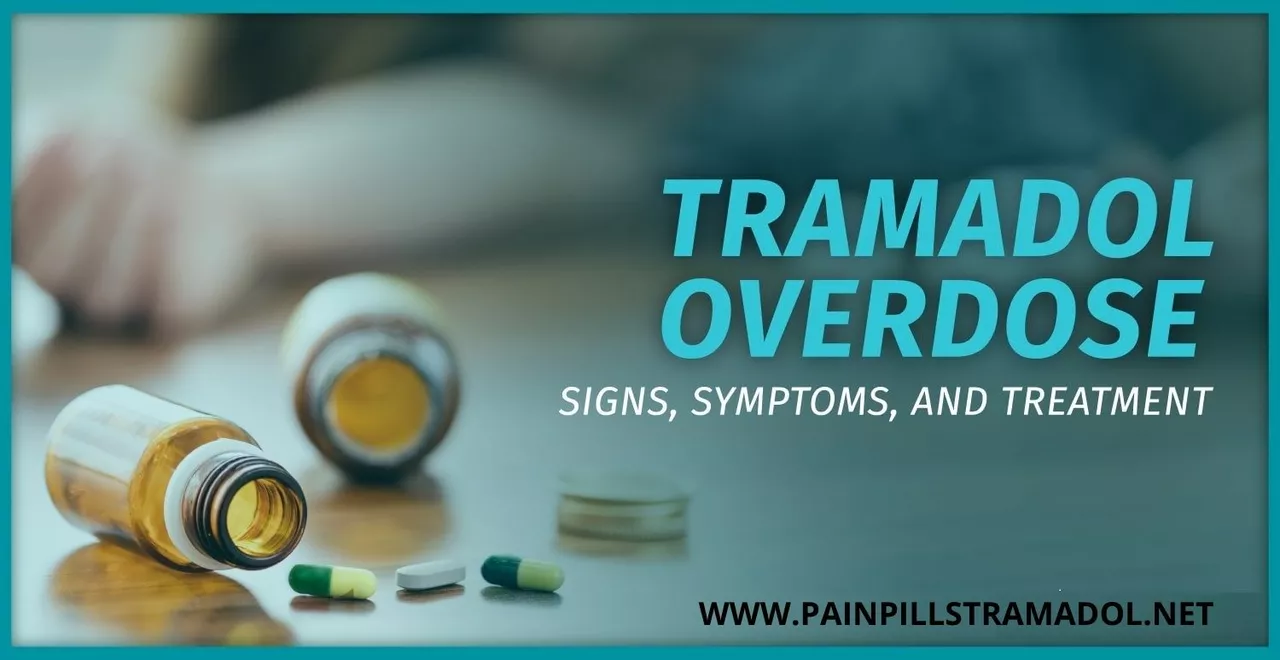Signs: Spot Health Warning Signs Fast and Know What to Do
Not sure if a symptom is worth worrying about? Start by asking: did it come on suddenly, is it getting worse, or does it affect breathing, thinking, or bleeding? Those are the quick filters I use to decide whether to act now or watch and wait.
Common warning signs and what they mean
Chest pain, pressure, or pain spreading to the arm or jaw can be a heart attack. Don’t drive yourself — call emergency services. Sudden weakness on one side, trouble speaking, or facial droop are signs of stroke; act fast and call emergency services immediately.
Shortness of breath, severe wheeze, bluish lips, or sudden swelling of the face and throat can mean an allergic reaction or severe asthma attack. Use an epinephrine auto‑injector if prescribed and call emergency services.
High fever with a stiff neck, rash that doesn’t fade under pressure, or severe headache with confusion could suggest meningitis or another serious infection. Go to the ER or urgent care right away.
After starting a new medicine, watch for rashes, sudden breathing trouble, swelling, severe stomach pain, yellowing of eyes or skin, or sudden mood and behavior changes. These may be side effects or interactions. Stop the drug only if advised by a clinician, unless it’s an obvious allergic reaction — then seek emergency care.
For infections: increasing redness, warmth, pus, spreading streaks from a wound, or fever after surgery need quick review. For mental health: sudden suicidal thoughts, severe confusion, or self-harm signs need immediate help and a trusted person present.
Quick actions to take
1) Stay calm and assess. If the person is breathing and alert but unstable, call for help; then keep them comfortable and monitor their breathing and color. If someone is unconscious and not breathing, start CPR and call emergency services.
2) Gather info. Know the person’s age, major health problems, current medicines (prescription, OTC, supplements), allergies, and what happened just before symptoms started. This is gold for paramedics or clinicians.
3) Use resources. Poison control (local number) helps with overdoses and accidental ingestions. Telemedicine can triage non-urgent symptoms fast. Read medication leaflets for common side effects and interactions, but trust urgent care when unsure.
4) Track changes. Take photos of rashes, measure fever, and note timing and triggers. Small details often clarify whether this is an emergency or something your GP can handle next day.
5) When in doubt, get checked. It’s better to have a calm clinic visit than to wait until a simple problem becomes serious. And always tell your doctor about new medicines, supplements, and online purchases — some online drugs can interact or be unsafe.
Recognizing signs and acting fast saves time, money, and sometimes lives. Use common-sense filters, collect basic info, and call for help when the red flags appear. If you want detailed guides on specific drugs, interactions, or alternatives, check our articles across the site for practical, up-to-date advice.

